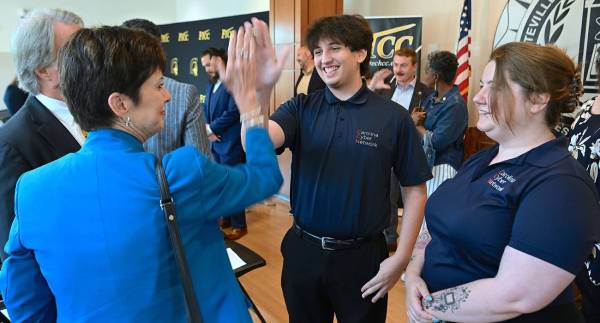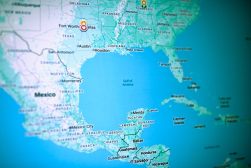Virginia schools using data system to guide decisions

Virginia is just beginning to see the first research projects from a federally funded data system that connects student education data with state workforce data to see how the state can better prepare students for college and beyond.
In an interview with StateScoop, Bethann Canada, the director of information management for the Virginia Department of Education, said the Virginia Longitudinal Data System (VLDS) is giving state leaders new data with which it can make education policy decisions.
“What this does it look at our high schoolers and follow them once they graduate,” Canada said. “Through this we can see which classes and which degrees students who found the most success after college took in order to help them get there.”
Canada said Virginia students who pursued an advanced degree in high school and had success in math classes tended to have more success in their post-K-12 education. Canada said that was long-assumed to be true, but having the data gives state leaders the ability to back it up.
The state was able to use data from high school students who went to both colleges inside and outside the state. Canada said the in-state schools provided more information – such as if they graduated – opposed to the out-of-state partners, but as the program progresses that is expected to improve.
A key point in all of this is the security of the student’s identity.
“We have a de-identification process where the student information is matched up with data from different agencies throughout the state in a data mixing bowl,” Canada said. “The end result is that no agency can see an individual student record. We strip them of everything that could be personally identifiable and look at how they fit into a bigger picture instead of looking at one specific student.”
Canada wanted to emphasize that even though the federal government has funded the project, it in no way have access to the data. The information is not kept in a central database of students or anything like that.
“There were some concerns from parents about how their student information was being used,” Canada said. “Our message to them – and the reason behind this – is to find ways to use their education experience to help others but also take every step that they remain anonymous to anyone utilizing the system.”
A couple of other interesting things have come out of the program so far as well.
Canada said the state has found information that says parents need to start planning as soon as middle school to line their students up for certain classes in high school that will better prepare them for college.
The state also partnered with James Madison University in Harrisonburg, Virginia, on a computer science course. There the students used data from the VLDS to build computer applications around it.
Canada said the biggest challenge the project faced was setting up the governance models and getting different agencies with different cultures and politics to agree on certain things.
“What all of this has done is help us change the conversation around education,” Canada said. “There are so many opportunities that have already been created from this data and more that will surely come.”






